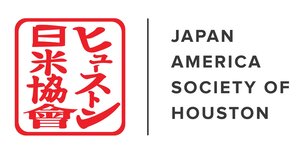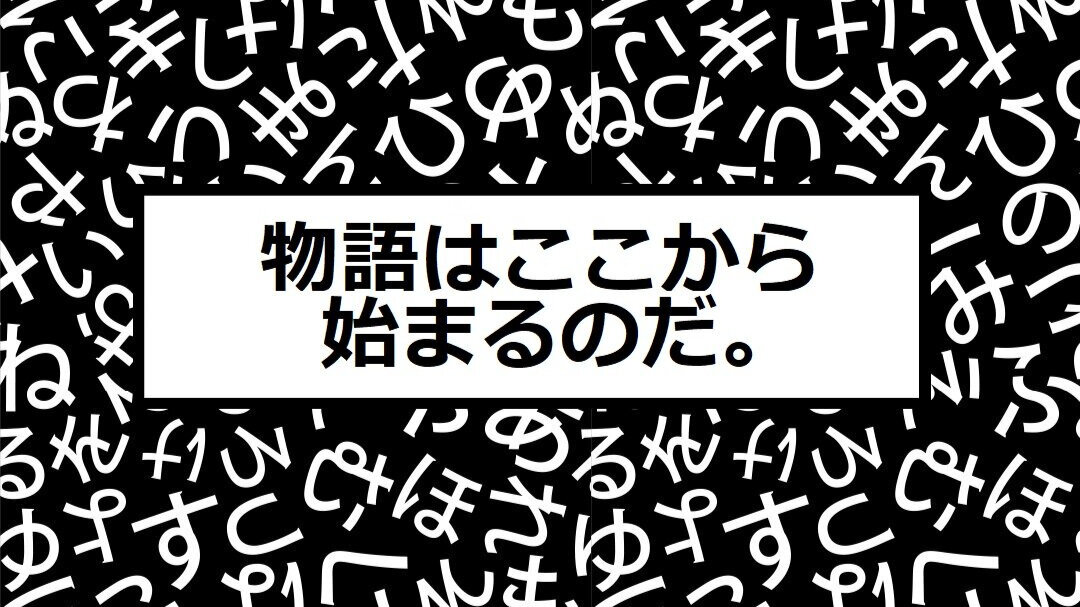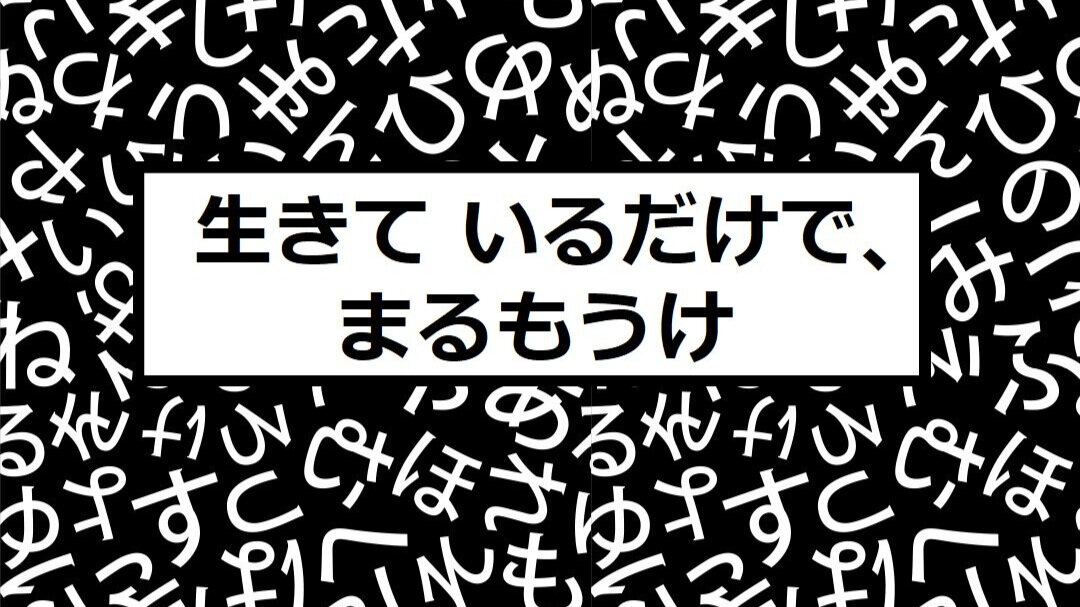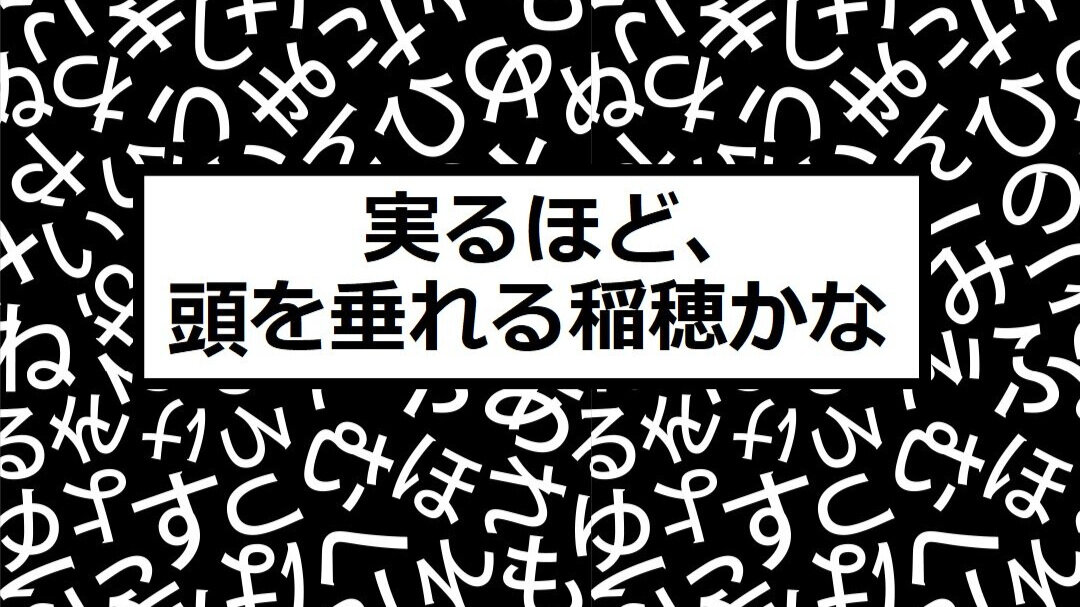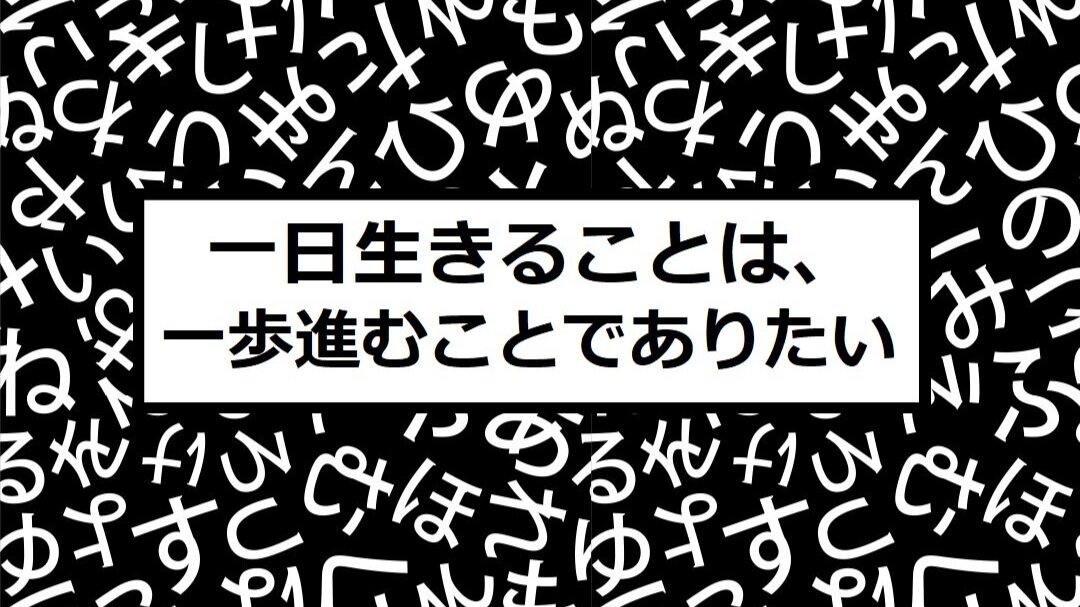Osamu TEZUKA (手塚 治虫) (1928~1989), one of the most respected cultural figures of 20th century Japan, was a manga artist, cartoonist and animator. While arguably best-known for his series Astro Boy (1952-1968), he created more than 700 manga titles and drew more than 150,000 pages of manga in his lifetime – touching on every style and genre. He wrote for every age-group, from young children to mature audiences, and his pioneering techniques and innovative redefinitions of genres earned him the title of “Father of Manga.”
He is quoted as having said:
“物語はここから始まるのだ。(monogatari wa koko kara hajimaru noda.)”
Tezuka’s famous words, which can be translated into English as “the story begins here,” are a reflection of how the artist believed we can only exist in the “here and now” and, therefore, should not let ourselves be trapped by the past or anxious about the future.
As August comes to an end and September begins along with the start of school, there are many concerns in the face of uncertainties. Let the words of Osamu TEZUKA remind us to be grateful for each moment we have. In doing this may we find that happiness is something small, numerous and already present in our lives.
